oracle
Latest
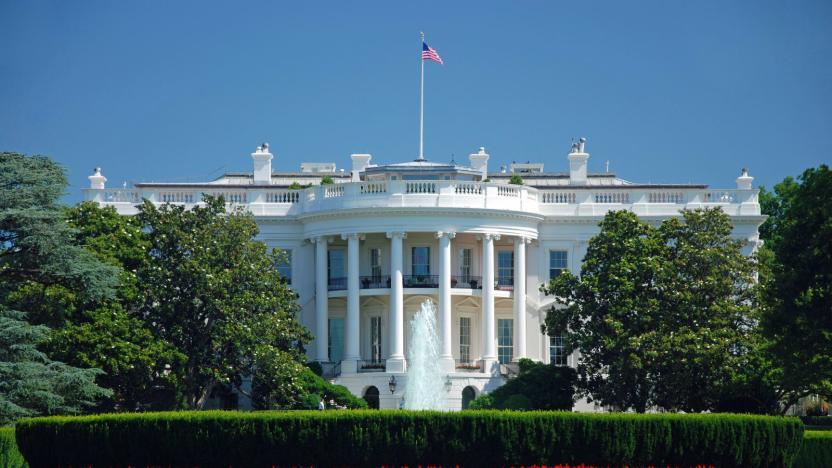
White House to host innovation talk with tech CEOs
The White House is set to host a roundtable discussion next week that will include a number of tech CEOs, the Wall Street Journal reports. A White House email says those attending will discuss "bold, transformational ideas" that "can help ensure US leadership in industries of the future," and they'll do so December 6th. Among those reportedly participating are Microsoft CEO Satya Nadella, Google CEO Sundar Pichai, Oracle co-CEO Safra Catz, Qualcomm CEO Steve Mollenkopf, Blackstone Group CEO Steve Schwarzman and Carnegie Mellon University President Farnam Jahanian.

An early test of the GDPR: taking on data brokers
Major data brokers Acxiom and Oracle are among seven companies accused of violating GDPR laws on personal information privacy. Advocates hope the complaints will shed light on the opaque ways that personal data is traded through third parties online both in the EU and the US. The General Data Protection Regulation is a sweeping personal data privacy law that came into force in late May in the EU. For the rest of the world, it's viewed as a bellwether for whether Big Tech can be held in check when immense data leaks seem to happen with painful regularity.

34 major tech companies are uniting to fight cyberattacks
Cyberattacks are a global issue that can cause havoc regardless of who's involved, and key members of the tech industry are uniting in a bid to fight these attacks. A group of 34 companies has signed the Cybersecurity Tech Accord, an agreement promising to defend customers around the world from hacks regardless of where they take place or who the perpetrator might be. They're promising to boost defenses for customers (including users' capacity to defend themselves), establish more partnerships to share threats and vulnerabilities, and -- importantly -- refuse to assist governments in launching cyberattacks.
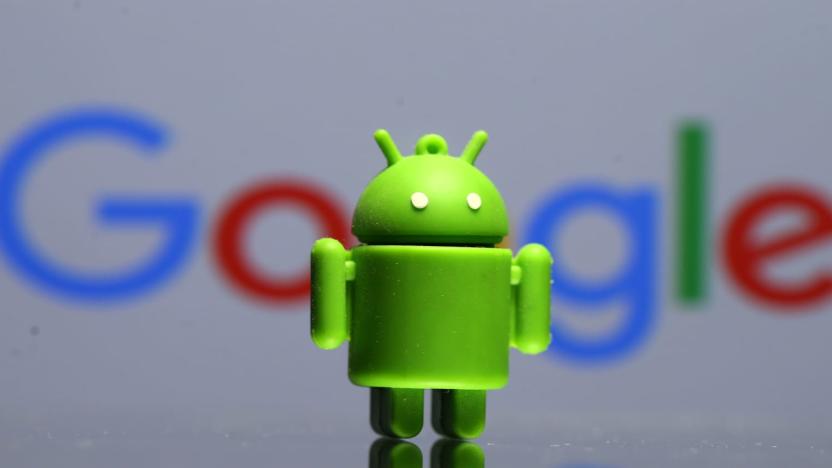
Oracle vs. Google is still a thing, thanks to US federal court
The fight between Oracle and Google has been going on for years, and now there's been a development, according to Bloomberg. The US Court of Appeals found that Google violated Oracle's copyrights through its use of Java code in the Android operating system. The case is now going back to a California federal court to determine how much Alphabet owes Oracle. The Supreme Court has already sent this case back down once, but you can bet that Google will appeal this decision. "We are disappointed the court reversed the jury finding that Java is open and free for everyone," a Google spokesperson told Engadget. "This type of ruling will make apps and online services more expensive for users. We are considering our options." ""The Federal Circuit's opinion upholds fundamental principles of copyright law and makes clear that Google violated the law," an Oracle spokesperson told Engadget. "This decision protects creators and consumers from the unlawful abuse of their rights."
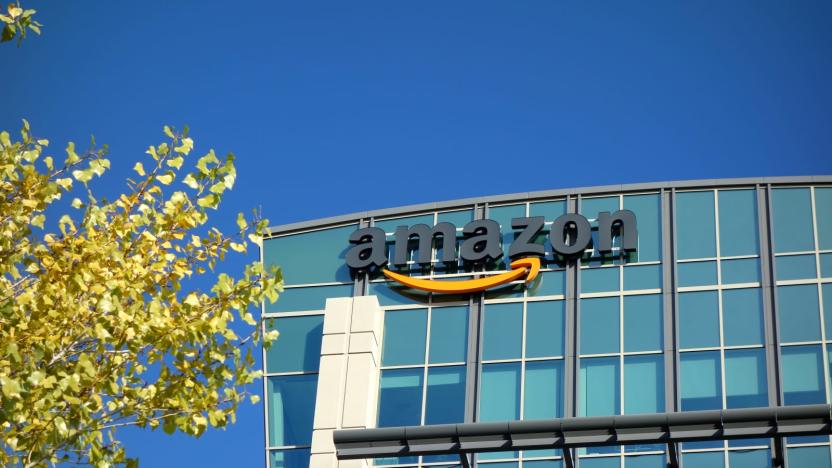
Amazon and Microsoft employees caught up in sex trafficking sting
The tech industry has a clear history of sexism and misogyny, but a recent Newsweek report highlights another problem. The publication got its hands on a slew of emails sent to brothels and pimps between 2014 and 2016 that document the industry's patronage of brothels and purchasing of services from trafficked sex workers. Among the emails, which were obtained through a public records request to the King County Prosecutor's Office, were 67 sent from Microsoft employee email accounts, 63 from Amazon accounts and dozens more from companies like Boeing, T-Mobile, Oracle and local Seattle tech firms.

Oracle faces Labor Department lawsuit over job discrimination
Google isn't the only Silicon Valley staple facing a lawsuit over the fairness of its hiring practices. The US Department of Labor has sued Oracle for allegedly conducting discriminatory employment practices. The enterprise tech giant is accused of paying white male workers more than minorities and women in similar positions, and of favoring Asian people for "technical roles." The lawsuit isn't coming out of the blue, though -- it's really the culmination of a battle that started when an investigation began in 2014.

Oracle funds a group trying to tarnish Google's image
It won't shock you to hear that Oracle is nursing a grudge after it lost its big copyright case against Google. It's pushing for a new trial, for one thing. However, the software giant is also trying to undermine its rival in roundabout ways. Oracle has confirmed to Fortune that it's funding Campaign for Accountability, a non-profit advocacy group with a decidedly anti-Google bent. While it promotes some common causes, such as fighting "big oil" and promoting LGBT rights, it also has a Google Transparency Project that aims to "track the company's influence" on government and personal lives. And not surprisingly, most of it is critical -- the project is obsessed with the possible ethical implications of Google's White House meetings.
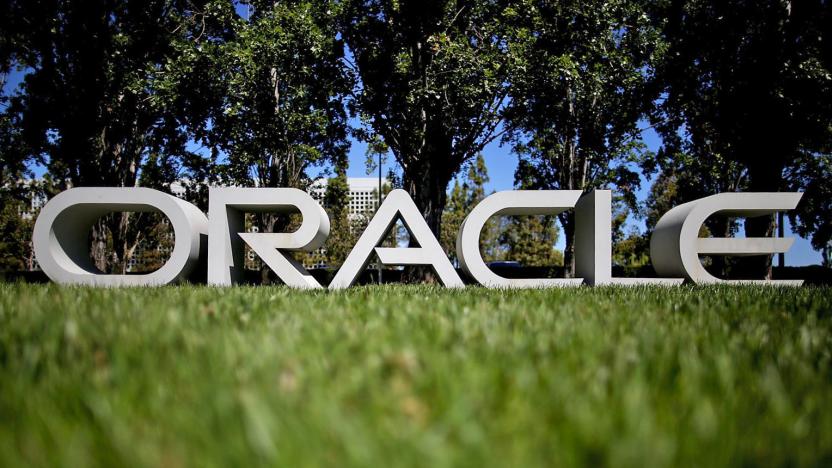
Oracle data breach opened credit card payment systems to attack
Data thieves don't always have to go straight to the source to swipe payment details... sometimes, they can take a roundabout route. Oracle has confirmed to security guru Brian Krebs that hackers breached a support portal for Micros, the point-of-sale credit card payment system it acquired in 2014. It's not certain just how many systems were breached (Krebs' sources say over 700), but the intruders had slipped malware on to the portal that would let them grab logins for the companies using Micros. They wouldn't have had direct access to payment data, but there's a chance those account details could be used to slip malware into the credit card systems and then grab sensitive info.
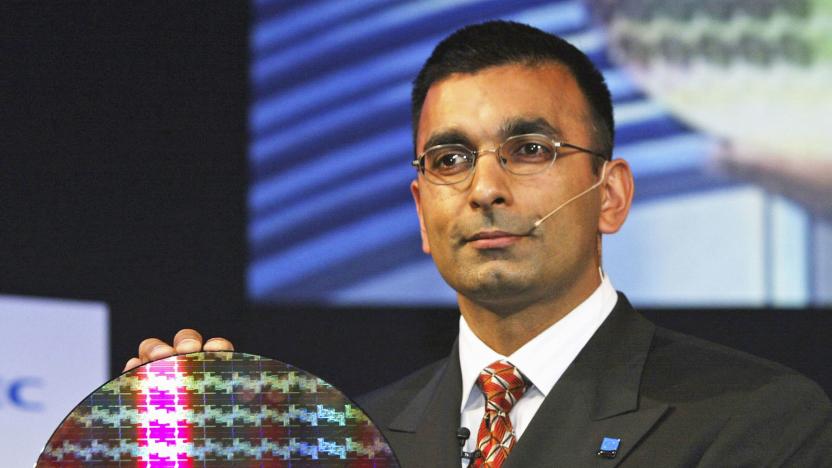
Jury awards HP $3 billion in damages from Oracle
In yet another legal tussle between HP and Oracle, a jury has decided to award HP $3 billion in damages. The case stems from Oracle's decision to stop developing software for HP's Intel Itanium-powered servers in 2011, which HP says is a breach of contract between the two companies. Oracle's argument has been that the Itanium processor was nearing end of life and it didn't think there was a contract requiring it to support the hardware indefinitely.

Android doesn't infringe on Oracle copyrights, jury finds
Google emerged victorious in court this afternoon, after a jury found that its use of Java APIs in Android doesn't infringe on Oracle's copyrights. The two companies have been battling it out over the past few years: Oracle originally sued Google back in 2010 because of how Java was integrated into Android. Oracle had a point though, as Google basically lifted entire portions of Sun Microsystem's original Java code for Android. Google, meanwhile, argued that it was free to use the Java code since it was open to developers for many years. Another jury also ruled in Google's favor back in 2012, but a federal court reversed that decision in 2014.

Google paid Apple $1 billion to be the default search on iOS
$1 billion. That's how much Google paid Apple in 2014 to be the default search app on the iPhone, according to court transcripts obtained by Bloomberg. As you might imagine, neither company is too happy about their business deal being made public, and as the publication notes, the court transcript "vanished without a trace" late yesterday. But whether that was because the court in the ongoing litigation between Google and Oracle eventually bowed to the whims of Cupertino and Mountain View's requests for redaction isn't clear.

Android earned Google $22 billion in profit, says Oracle
Who'd have thought that we'd learn just how profitable Android is from Oracle's lawyer during a court proceeding against Google? According to Bloomberg, Oracle Atty. Annette Hurst has revealed that Google's mobile platform generated $31 billion in revenue and a total of $22 billion in profit since it was launched. It brought in that much money mainly from the Google ads shown on Android phones and from Play Store's revenue. "Look at the extraordinary magnitude of commerciality here," Hurst said during the trial.

Google will strip Oracle's Java code out of Android
Google has confirmed that it will no longer use proprietary Java application programming interfaces (APIs) from Oracle in future versions of Android, according to VentureBeat. Instead, it will switch to OpenJDK, an open-source version of Oracle's own Java Development Kit. While you might ask, "Who actually cares?", Google says the change will simplify app development by creating a common codebase for Java. It's hard to imagine that such a huge change (8,902 files are supposedly affected) isn't related to Google's ongoing legal dispute with Oracle, though. That dispute, depending on how it's resolved, could adversely affect Android development and app coding in general.

Supreme Court won't touch Google's fight with Oracle over Android
When Oracle got a second chance at making Google pay for using Java programming kits in Android, the folks in Mountain View raced to the Supreme Court in hopes of stopping that renewed lawsuit dead in its tracks. Unfortunately for Google, that's not going to happen -- the Supreme Court now says that it won't tackle the case. The move kicks the issue back to a lower court, and denies a once-and-for-all decision on the extent to which companies can copyright their code. This doesn't necessarily mean that Google will be on the hook for Android, but the company is going to face a tougher fight than it wanted. [Image credit: CSA Images/Getty Images]

'Minecraft' no longer risks opening a big security hole on your PC
As a matter of course, Minecraft has required that you install Java's run-anywhere code base -- a big problem when that tends to introduce security exploits and annoying adware. However, the construction game should be considerably safer thanks to a low-key update in recent weeks. The Windows edition of Minecraft (OS X is coming later this year) now installs a standalone version of Java that's used only while you're playing. If you want, you can scrub the full version of Java without losing access to your blocky masterpieces. And the kicker? If you haven't been keeping on top of your software updates, the game may run smoother at the same time. It's not urgent that you get the upgrade, but it's definitely worth considering if you only bother with Java for the sake of living in Mojang's virtual world.

Oracle's now dumping Java crapware bundles on your Mac, too
Since megayachts aren't going to buy themselves, Larry Ellison's Oracle has been picking up extra cash for years by slipping adware to Windows users via its ubiquitous Java software. If you felt smug because you were on a Mac, guess what! Installing Java on your OSX-equipped MacBook could now lead to an unexpected encounter with the dreaded "Ask.com" toolbar, too. Though not as dangerous as SuperFish, the program will hijack your browser's search functions and delivery iffy, ad-laden results while being tricky for neophytes to remove. If you don't pay attention during installation, you can easily end up with it, as you need to purposefully opt out to avoid it.

What you need to know about Google's battle with Oracle over Android
Two of the world's most powerful companies are engaged in a legal battle that has its roots in the world's most popular mobile operating system: Android. Google is playing defendant, while Oracle is laying claim to a crucial set of code in the foundation of Android. Doesn't ring any bells? That's likely due to the fact that this dispute goes back four years. Just this week, Google filed a petition with the United States Supreme Court to decide once and for all which company is in the right. So, what are these two internet giants fighting about? The short answer is Java, which Oracle owns. The real answer, of course, is far more complex

Google wants to bring its Android copyright battle to the US Supreme Court
Google and Oracle are still arguing over code at the foundation of Google's mobile operating system, Android. Google this week filed a petition with the United States Supreme Court, which appealed a lower court's ruling that Oracle can legally copyright foundational code. The decisions have gone back and forth over the course of the last four years: First a judge in California ruled in favor of Google; then an appeals court ruled in favor of Oracle; and now Google's pushing for the Supreme Court to get involved. But what are the two internet giants even arguing about? At the heart of Android are a set of Java APIs that Oracle is claiming aren't available for commercial use without a licensing fee (approximately $1 billion). Google argues that the API code is functional -- not a "creative work" -- and therefore isn't copyrightable. The case is, of course, far more complex than our explanation, but that's the big picture (our own Chris Velazco goes into far more background detail right here).

Larry Ellison steps aside as Oracle CEO, former HP exec Mark Hurd promoted
Usually the only time we talk about Oracle is in relation to its battle with Google over Java and the use of related APIs in Android, but not today. At the age of 70, co-founder Larry Ellison is stepping down from the post of CEO and moving to a new post as Executive Chairman of the Board and CTO. Taking over the reins of the enterprise software company is the duo of Safra Catz and Mark Hurd. You'll recall Hurd as the former CEO of HP, who resigned from that company over a sexual harassment investigation and false expense reports, and then became the target of an (eventually resolved) lawsuit when he joined Oracle four years ago. His awkward exit resulted in collateral damage to HP acquisition Palm, and by extension webOS. The trio of Ellison, former CFO Catz and Hurd will share responsibilities going forward, with Ellison stating in the press release that the only difference is "Safra and Mark will now report to the Oracle Board rather than to me." [Image credit: NBAE/Getty Images]

Oracle gets another shot at making Google pay for using its code in Android
Oh, you thought Oracle and Google's heated legal battle was over? Not quite: the US Court of Appeals for the Federal Circuit (CAFC) overturned a lower court's decision that Oracle's Java APIs weren't copyrightable. This means that Oracle gets another shot at making Mountain View pay for its alleged transgressions, assuming Google can't prove that its use of the APIs in Android falls under the fair use doctrine of US copyright law.










